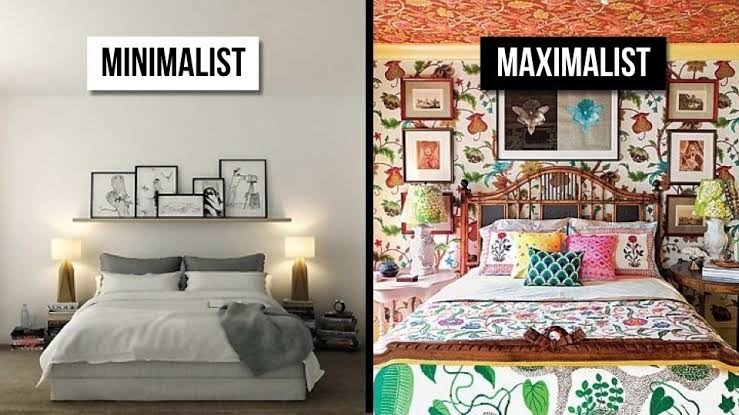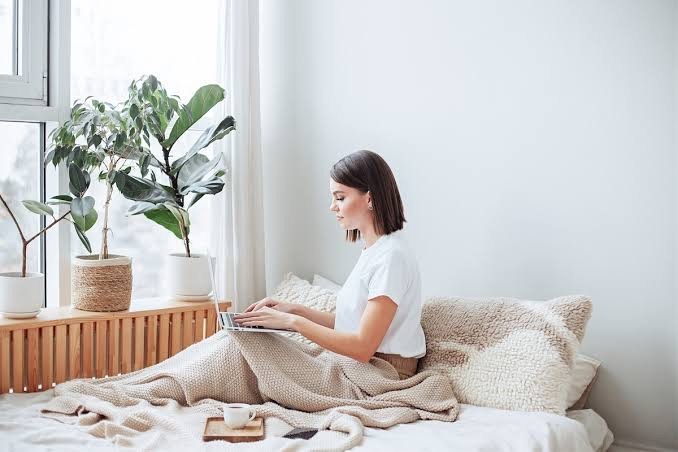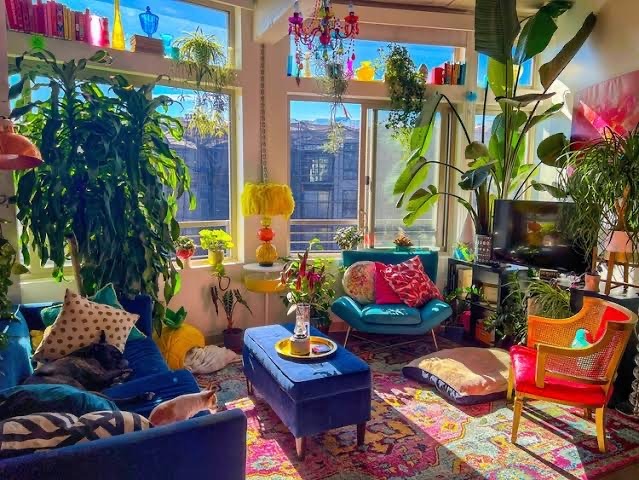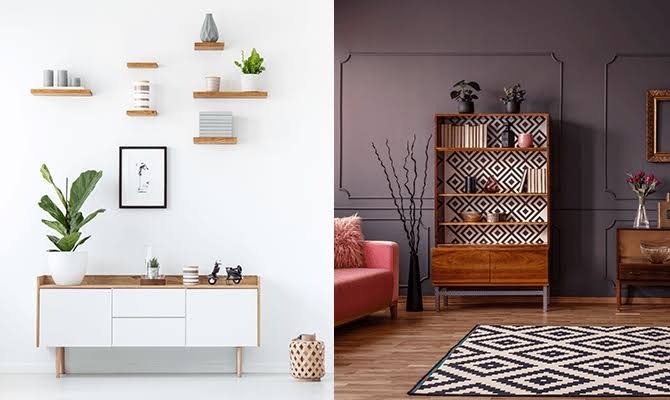For the past few years I heard “minimalism” and “maximalism” some hundreds of times. So today I thought of sharing my thoughts on the same terms and some statistical data too. These two terms became really popular in the present times. Considering the present condition of the planet, numerous people turned minimalist and since then they have been feeling good.

“Minimalism” is more of a philosophical approach which allows you to live intentionally a happy life with less objects around you. You can exchange your time, money and energy for the things which are exclusively essential in your life. This approach allows you to enjoy every aspect of your life without compromising on anything. Melissa Camara Wilkins say, “minimalism is about an intentional search for happiness”.

Why being a minimalist is good?
Science have a lot to say about minimalism and it backs the concept with lot of proven data. It’s a very simple observation I made recently, if you are decluttering your home, segregating the unwanted stuffs and donating/throwing them out then you will find more space and have to deal with less stuffs around you. I not a complete minimalist, but trying to adopt this lifestyle honestly. So here are some benefits I found which are supported and proved by science as well:
- Less things around you means less stress to handle them. If you have too many unwanted things you will be stressed pretty easily.
- You will make more space by keeping only the essential objects at your home.
- You will save up more time to organise and clean them, if you are a minimalist.
- During traveling, you won’t be carrying too many bags with you. Who likes to carry more bags than the number of days they have assigned for their travel? I guess, now you all know the answer.
- Once you turn minimalist, you can focus more and can increase your productivity. You will have less clutter, so for sure you can make more time. While being more productive, you will be able to work and achieve more.
- You will save more money. Believe me when I say that minimalism is highly beneficial for your pockets. You invest only in the essential things, that’s how you can increase your bank balance.
“Maximalism” is a concept where philosophers opined that “more is more”. When you keep things more than your requirement, you are regarded as a maximalist. Generally, maximalists find it difficult to let things go from their life. Paige Anderson says, “maximalists don’t regard clutter as a collection of items, but rather as a collection of things they enjoy.” Even Hutton Wilkinson said that, “A little too much is just enough for me! I like opulent, maximalist rooms, and I like to use one-of-a-kind elements.”

Why being a maximalist is good?
In maximalism, ‘fullness’ is considered as a significant sign of richness. You won’t be judged if you call it ‘larger than life’. Maximalists fill the empty spaces at home or at office with something or the other to make it look beautiful, vibrant and occupied. They feel empty spaces convey the message of being unused and non-productive.
- You get to see lot of colourful and vibrant objects around you.
- Maximalism reflects your classy choice at times.
- Life is larger for them in many respects. That’s why they develop deep emotional attachment with the stuffs.
- Maximalism also means keeping too many options with you. When you have more objects than your requirement, you are keeping too many options too.
- Maximalism are tend to be called as investors, because they barely save up. They rather like to invest in buying things.
- Things owned by the maximalists have deep meaning and purpose in their life.
Maximalists are deeply connected to the things they own, whereas minimalists see things just as simple objects in their life. Maximalists, at times, find it difficult to make things work in their lives with less things around them. But minimalists gain expertise in making things work for them with minimally available products. For maximalists, “more is less” is the perfect motto, on the other hand, minimalists think, “less is more” in life.
Minimalists don’t connect themselves too much with the objects they own, that’s why they are highly expert in detaching themselves. They are not materialists. Maximalists keep the things with them and find it difficult to get rid off them, even when they are no longer required in their lives. Detachment is like a panic mode for them.

Here was my overall approach to both “minimalism” and “maximalism” concepts. For the first time, I made a parallel discussion between both the concepts. Some of you might agree with me, and some might not. But hey, no offence to anyone’s approach or lifestyle. This was just my observation. I myself is a minimalist, in terms of purchasing clothes, food items and home décor items. I only buy them when I require them. On the other hand, I am maximalist in terms of purchasing books and cosmetics. I feel I should have options ready with me for books and cosmetics, which can allow me to apply anything whenever I want them.
